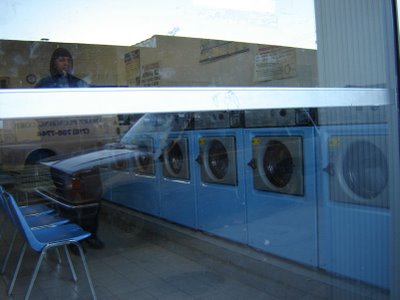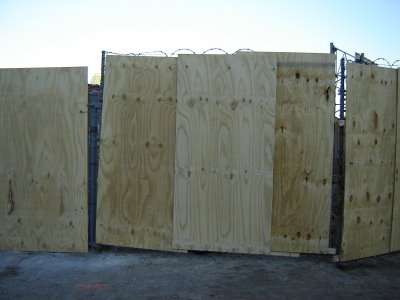No Return

There was a time when there were no laundromats in Blissville. I had to cart my laundry to the single laundromat in a neighboring community. On Saturdays doing the laundry could take half a day or more. How we managed I don't know. Now we have seven in Sunnyside and one in Blissville.
But I've stopped spending even an hour there, not that I have a washing machine. One day four years ago, needing the time for something else, I dropped it off. I told myself that this was a single indulgence, that I would return to doing my own laundry the next time.
My clothes came back perfectly folded, as if they'd been pressed. The pile smelled, fresh, clean, pure. The sheets shone with whiteness. How could I go back to doing my own laundry again?







